Description
The drug Tretizen-20 is used to treat severe acne that does not improve with other therapies, such as antibiotics. The pharmaceutical business Zen Labs produces this item, which has Isotretinoin as its active ingredient.
The synthesis of 13-cis-retinoic acid (Isotretinoin) began in 1955. Rosacea, perioral dermatitis, seborrheic dermatitis, folliculitis, granuloma annulus, sarcoidosis, various keratinization disorders and photo-aging are indications for the use of the drug in addition to acne.
Effects of Isotretinoin
Isotretinoin slows down the growth of sebum gland duct epithelial cells, the production of debris, makes it easier to remove debris and normalises terminal cell differentiation. Sebum production is decreased and secretion is facilitated with Isotretinoin.
When taken orally, Isotretinoin has uneven absorption and limited bioavailability, however, when taken with meals, bioavailability doubles. Within two to four hours, the blood plasma reaches its maximal concentration. 99.9% of the time, Isotretinoin binds to plasma proteins (mainly with albumin). Isotretinoin has a half-life of 19 hours and is roughly equally excreted by the kidneys and bile.
Accutane 20mg use
Isotretinoin is taken orally. Since the adverse effects and therapeutic efficacy of the drug rely on the dose and differ with each individual, the dosage regimen is individualized.
The drug is used for 16 to 24 weeks, the starting dose is 0.4 to 0.5 mg / kg per day, divided into two halves and it is taken with meals. Dose modification is carried out based on the severity of adverse effects and responsiveness to treatment.
The drug is discontinued if, after 16 to 24 weeks, the number of rashes has decreased by 70% or more. Upon confirmation of a recurrent or persistent course of the disease, a repeating round of treatment is administered with an interval of at least two months.
Side effects of Accutane
Carefully consider taking oral Isotretinoin as there is a substantial risk of side effects.
Severe dryness of the skin, painful lips, itching, and peeling of the skin on the hands and feet are the main symptoms. Skin and mucous membranes may become irritated and in 30% of cases, patients complain of hair loss, which is reversible after therapy is completed.
Situations when dry skin is exposed to sunlight make it worse. You should completely refrain from sunbathing while in therapy and use high-filtering creams in regular life (at least Sun Protection Factor 50).
Impaired liver function is another unfavourable side effect, so the concentration of transaminases should be closely watched during therapy. Additionally, harmful changes in the person’s lipid profile are frequently seen, which also need to be monitored.

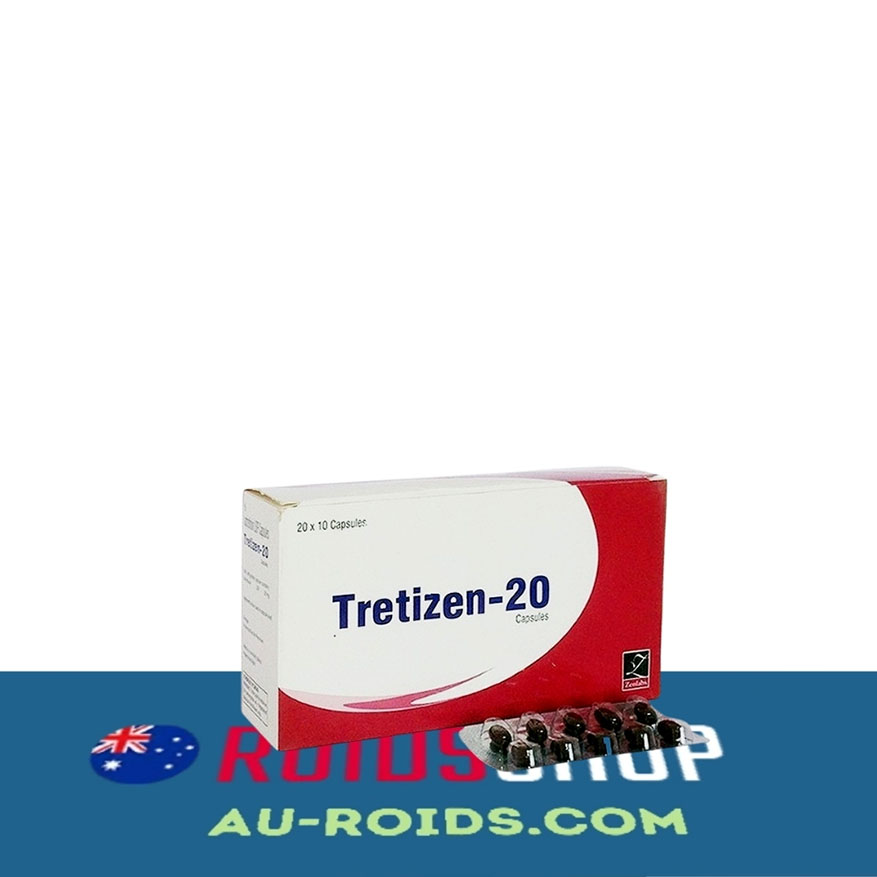
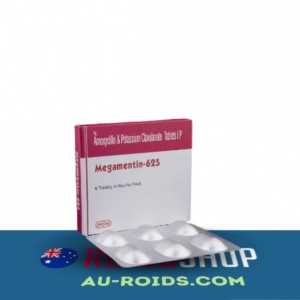
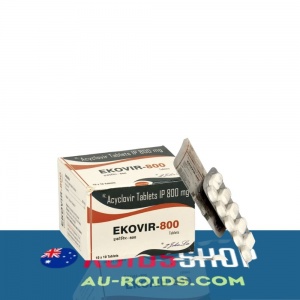
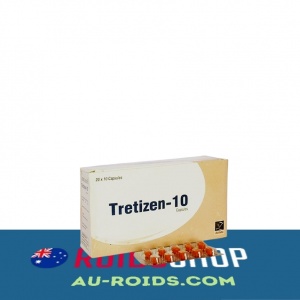
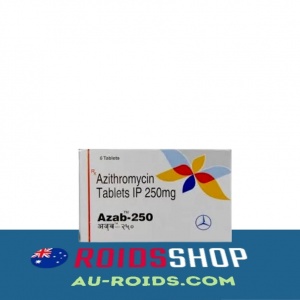

Reviews
There are no reviews yet.